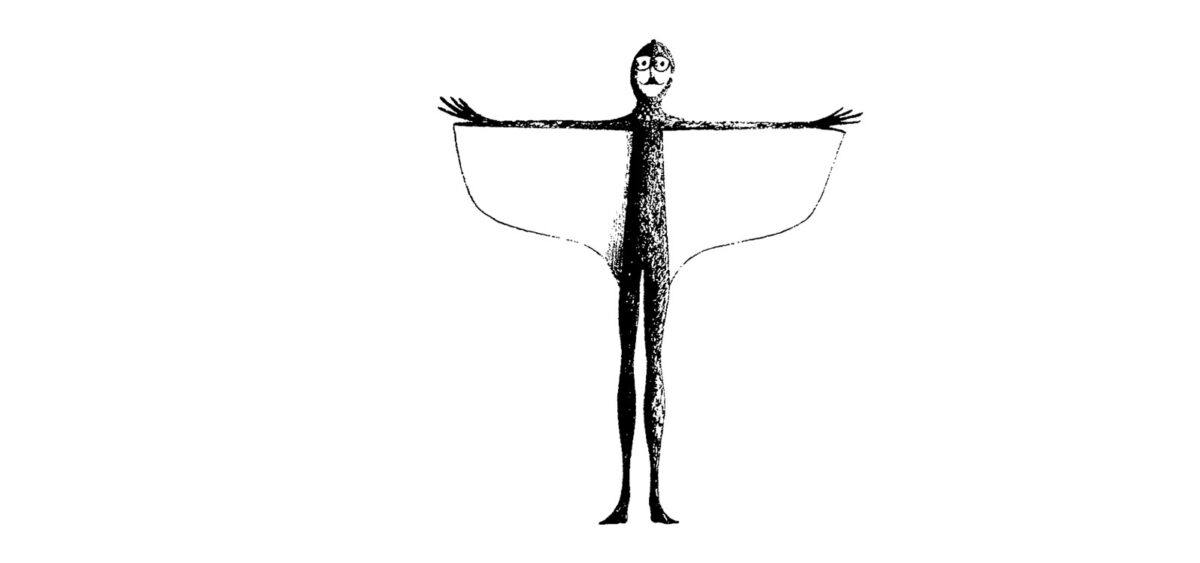
I.
My niece Tina was visiting us from the mountains for the summer and couldn’t understand that we just walk in water now. It’s not a big deal, but Tina is young and entitled and one of these new mountain elevation people who don’t see eye to eye with us sea-level dwellers, we the coastal flooded. The first day she was here her socks got soaked and she sneezed excessively in the evening to the point that I thought she was trying to make us feel bad.
“You can’t make yourself sneeze, Herold,” my wife Dolorothie said to me. “You can if you yank nose hairs out, that makes me sneeze,” I said.
“She wasn’t yanking nose hairs out with tweezers while we weren’t looking to make us feel bad,” Dolorothie said, looking out the kitchen window like there was something wrong out there, but what was wrong was in us, was me.
“You don’t need tweezers, you can do it with your fingers, you just have to simulate tweezer-grip by putting your fingernails together and yanking.”
“Yanking?”
Dolorothie was right, of course. Tina’s feet had just gotten too wet, and the cold in Oakland seeps into your bones, the moisture gets through, she’s used to high mountain air, thin against human skin it can’t penetrate, so yes, Tina had maybe caught the beginning of a cold, but wasn’t she emphasizing the sneezes in an unnatural way? This made me distinctly upset, this not knowing if she was leaning into her sneezes or if she really was getting sick.
I should clarify about how much water we walk in. It’s not as if we always walk in water, it’s that the tide has risen, comes higher when it comes. There’s not always water we have to walk in but it’s there more often than it’s not. We’d wanted to leave, but couldn’t afford to just up and go. We got used to it, got used to the storms and floods and the heat, got used to knowing the end of the world had finally arrived not with a bang but a whimper, or a series of minor disasters. Actually too many people call it the end of the world when the world, the earth, would be just fine without us, better off actually, give or take an era or eon or age or whatever amount of time the world might need to get over us.
We hung Tina’s socks out on the drying line in the backyard, and I told her she’d be better off not wearing





